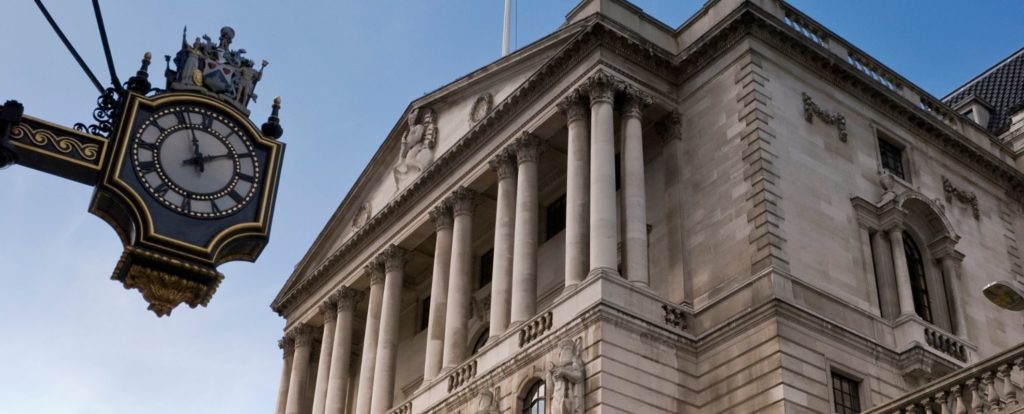Growth and prosperity through tax cuts – is that possible?
- Alexander Altmann
- 12 October 2022
- BCCG Commentary
There are times when not much changes over the years. And then we experience phases in which almost everything changes in a short space of time. Let’s just look back at the last 30 days. First the announcement of a £150 billion energy bailout package by the new UK government led by Prime Minister Liz Truss, then the mourning of the late monarch Queen Elizabeth II, the implementation of the biggest tax cut reform in 50 years, followed by the loss of confidence in financial markets and the pound sterling’s plunge to a historic low, followed in turn by an unprecedented bailout by the Bank of England and the Tory party plummeting to a historic 30% Labour lead in voter polls. Liz Truss’ first month in office could not have been stormier.
Admittedly, the tasks left behind by the Johnson administration could not have been more challenging for the new prime minister. The UK economy is stalled after the shocks of the pandemic and Brexit, and is now coming under further pressure from the global energy crisis. Growth and prosperity are at stake for Britain. Liz Truss is now desperately looking for a way forward and promises an upswing through growth incentives for the economy. So far, all plausible.
Let’s briefly recall how the UK maneuvered itself into this growth crisis. Belonging to the EU single market and customs union gave the British economy unrestricted freedom of trans-European trade in goods and uncomplicated access to skilled workers for over 40 years. These privileges disappeared with the completion of Brexit in January 2021 and will not come back. The Office for Budget Responsibility (OBR) estimates that the loss of the EU market privileges will result in 4% less economic output in the long run. Trade agreements with other more distant economies at best ensure political applause and growth in niche areas, but do not lead to a significant closing of the Brexit gap. Even a wide-ranging trade deal with the United States, which the Biden government is still blocking, would see the UK economy grow little more than 1%.

So how is the British economy getting out of this growth dilemma? According to the new Chancellor of the Exchequer, Kwasi Kwarteng, the way to more economic growth lies in less bureaucracy and a lower tax burden for people and businesses. In his first official act as the new Chancellor of the Exchequer, Kwarteng immediately announced a firework of tax cuts: the corporate tax rate will remain at 19% and will not increase to 25% as planned, the 1% increase in National Insurance contributions will be withdrawn, medium incomes will only pay 19% income tax instead of 20%, no more caps for banker bonuses, reduction of dividend taxation, generous stamp duty land tax exemptions and the creation of up to 100 investment zones in the UK, in which hardly any taxes are to be levied. Although the promised reduction in the top income tax rate from 45% to 40% was withdrawn a few days later, these plans overall represent no less than the largest tax reduction measure in the last 50 years.
Admiration for the courage and determination of these measures lasted only until the question arose as to how this historic tax cut package would be financed. Consultations with the Bank of England or the OBR, which usually take place before fiscal policy measures, did not happen this time. And so, the firework of tax cuts were followed by an avalanche of outcries about fiscal irresponsibility. The financial markets reacted sharply to the unfunded tax plans and briefly sent the pound sterling to an all-time low against the US dollar. Only the announcement by the Bank of England to buy up British government bonds worth £65 billion could calm the nervousness. But the political damage was done and won’t make Liz Truss life easier. The lesson is that even the boldest proponents of the Britannia Unchained movement cannot escape the gravitation of fiscal responsibility.
The Brexit dividend certainly lies in the UK’s independence to set its own economic and trade policies, and thus to be able to compete with the EU as an investment location. However, success will depend on the confidence of the economy, the financial markets and international investors. The UK government is walking a fine line here, achieving economic stimulus through fiscal policy while maintaining sound budgetary discipline. After the pandemic and Brexit, the road to more growth and prosperity for the British people will take longer than expected, and tax cuts alone won’t change much for now.
Alexander Altmann
Partner, Blick Rothenberg